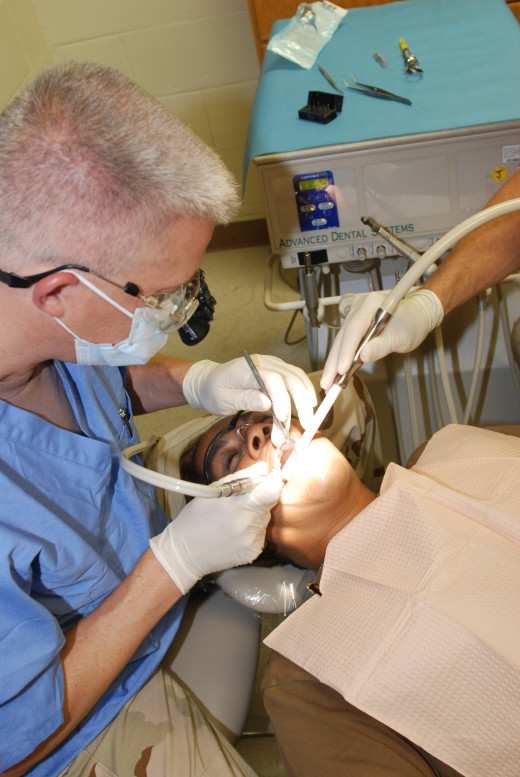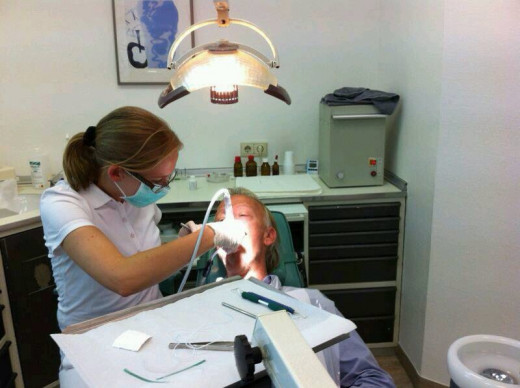How to Tell if Dental Insurance Makes Financial Sense

For some people, the idea of forgoing any type of insurance – especially insurance related to one’s physical health – is a completely foreign concept. However, widespread economic downturns have forced many families to reevaluate how they spend almost every penny. You may well wonder now if expenses like dental insurance are worth their cost. As with many such issues, there is no one right answer that will apply to all situations. Instead, you should evaluate the pro and cons of dental insurance as they apply to you.
Annual Coverage Maximums
If you are considering signing up for a dental insurance policy, the first point you should examine should be the policy’s annual coverage maximum. Many dental plans today strictly limit the total amount they will cover in a single year; $2,500 or even less is now a fairly common limit. Since the main reason you might need dental coverage is for a major procedure like a crown or a root canal, and since these types of procedures can cost much more than those relatively low annual limits, you might well come to the conclusion that the monthly charge for the dental insurance is not worthwhile if the potential benefits from the policy are limited so much. At the very least, this is an issue worth investigating.

Insurance vs. Benefits
Although most types of dental coverage are referred to as dental insurance simply for convenience’ sake, many are not technically insurance. Many of these dental coverage plans actually provide “dental benefits.” They differ from true insurance in one crucial area. Insurance plans expect you to pay a deductible up front, after which the remainder of the cost for your medical treatment is drastically reduced. However, the “dental benefits” provided by most dental coverage plans simply cover up to a certain amount (per treatment, per year or both), after which you must pay the remainder of the cost by yourself.

Potential Problems
Dental coverage can become a financial pitfall for individuals who assume they need it, but never actually do the math to determine what it provides them in return for its cost. Just to provide an extremely simple example, a plan that costs $200 per month, but limits its coverage to one teeth cleaning and $2,000 in treatment per year is likely not a financially worthwhile investment.

Alternatives to Dental Coverage
If you decide that the only options for dental coverage available to you – whether through your employer or independently – are not financially worthwhile, suffering through a lack of dental care is certainly not your only alternative. Instead, decide how much you would expect to budget for your dental coverage if you purchased a plan (or how much would be withheld from your paycheck if you accepted coverage through an employer). If you set aside this money each month in a savings account or short-term CD, you will quickly accumulate a significant amount of cash that you can use in the case of some dental emergency. For all practical purposes, you are then insuring yourself – plus you can continue to earn interest on that money if you do not need to use it.








